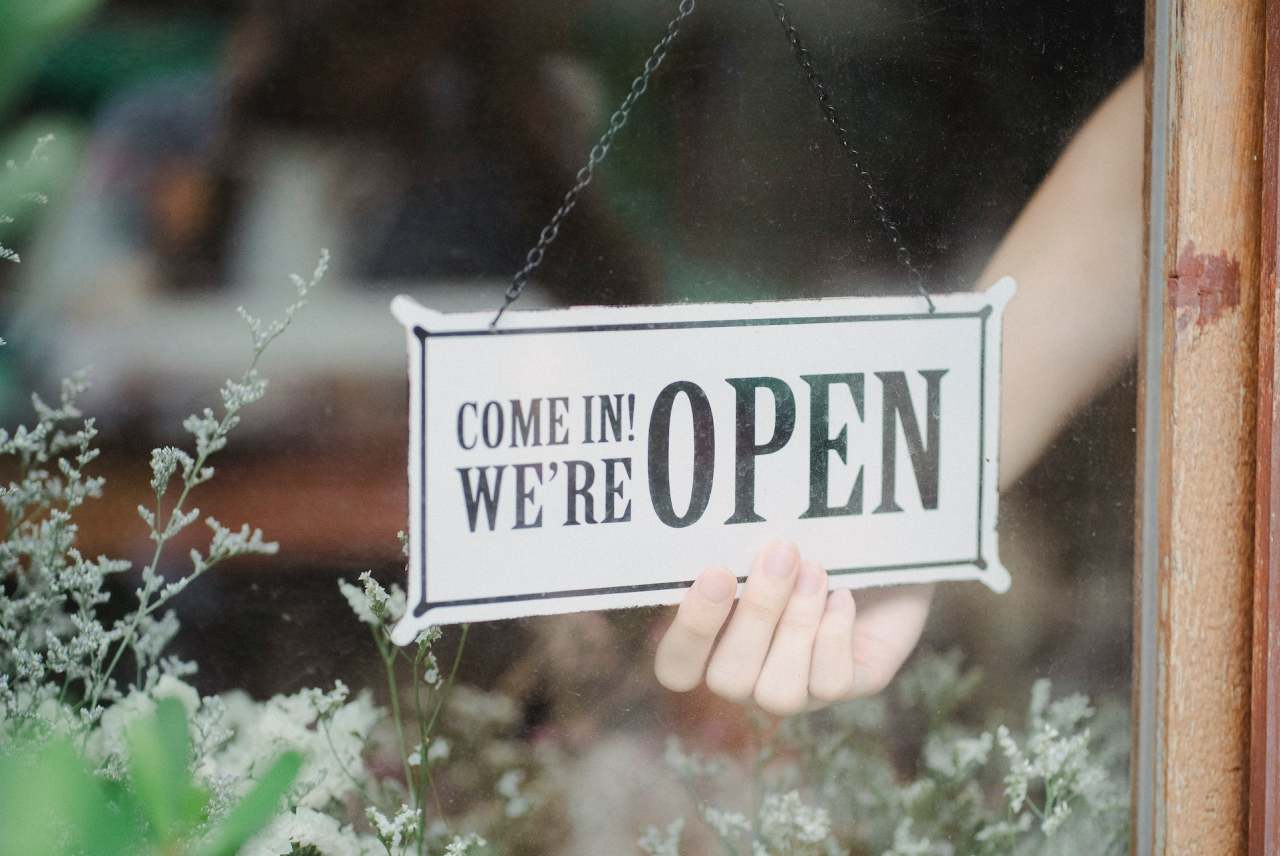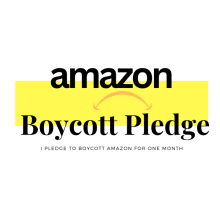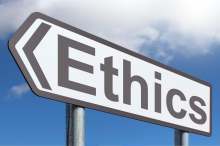1) Buy the most ethical
Our guides help make ethical shopping easy and save you time researching company ethics. Our ratings tables and Best Buy advice help you support ethical brands and vote for positive change every time you spend.
Discover how to use our website and our shopping guides.
There are over 100 live guides on our site, here are 4 of our most popular:










